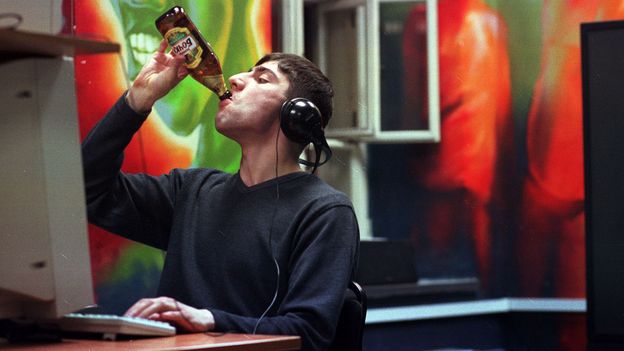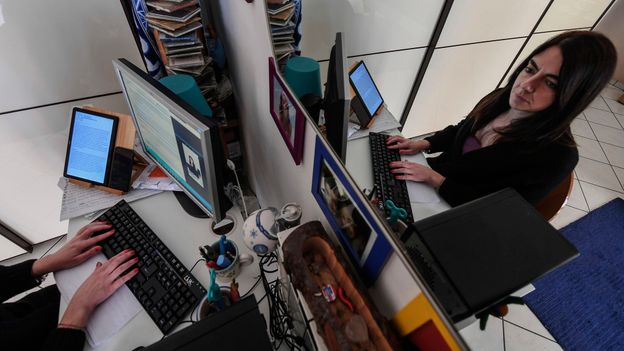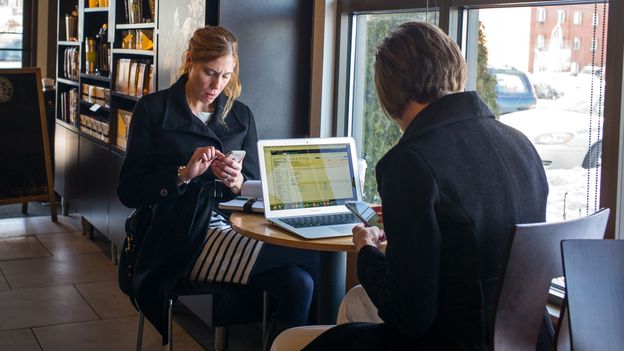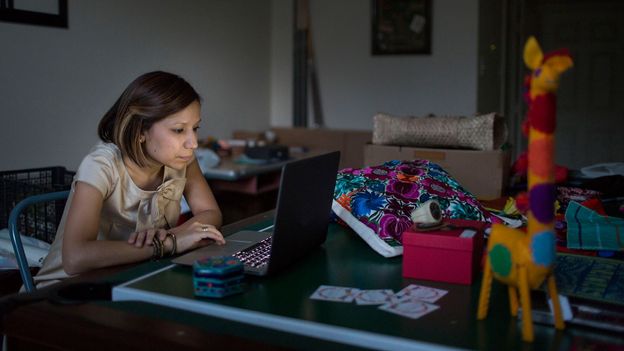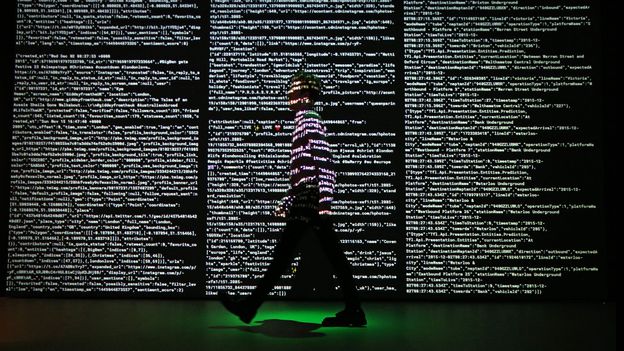While some of the different breaks helped people feel more energised and attentive, they didn’t get back to pre-break levels in either – which is why Bennett is wary of saying any break length is “optimal”. However, Bennett did discover that the longer the break when watching funny videos, the more enjoyment people felt, and the less fatigued they were. Watching both mindfulness and funny videos helped improve psychological detachment – the key thing people want from a break – the longer they spent away from work. Yet there were caveats: those who watched funny videos for one, five or nine minutes returned to work with less attention than their baseline throughout the day – and only those who watched five minutes of funny videos felt more vigour when they resumed work.
Sirois, the procrastination researcher, says that extending a break to recalibrate needs to be done with care. “You’ve always got to be reasonable,” she says. “A 15-minute break because your brain is turning into mush is fine. But if you… find yourself saying you just need another few minutes, it’s bad. If you go past the point where you set a limit on your break time, it becomes just procrastination.”
Vivien Lim, professor at the Department of Management and Organisation at the National University of Singapore and an expert on cyberloafing, points out that the length of an appropriate break depends on the person. “Employees are not machines, and cannot work for prolonged periods of time during the workday,” she says. “I don’t have empirical evidence on how much cyberloafing is good. From experience though, I would say that about 15 to 20 minutes should suffice, but it would vary among individuals. Anything beyond 30 minutes though may prolong the detachment from work and makes the transition back to job-related tasks difficult.”
Timing is also a factor. “If stressed employees can sprinkle microbreaks throughout their day, alongside traditional longer breaks, such as lunch breaks, which we know are also important for well-being, I would postulate that they will be less exhausted by the end of the workday,” says Andel.
Should you set limits?
Employees are clearly on board when it comes to cyberloafing; one study found that 97% of male participants and 85% of female participants believed it was acceptable in the workplace.
“I’ve found those small breaks break up the day and provide me with some energy that I can then use to work harder and longer over the workday,” says Andel.

